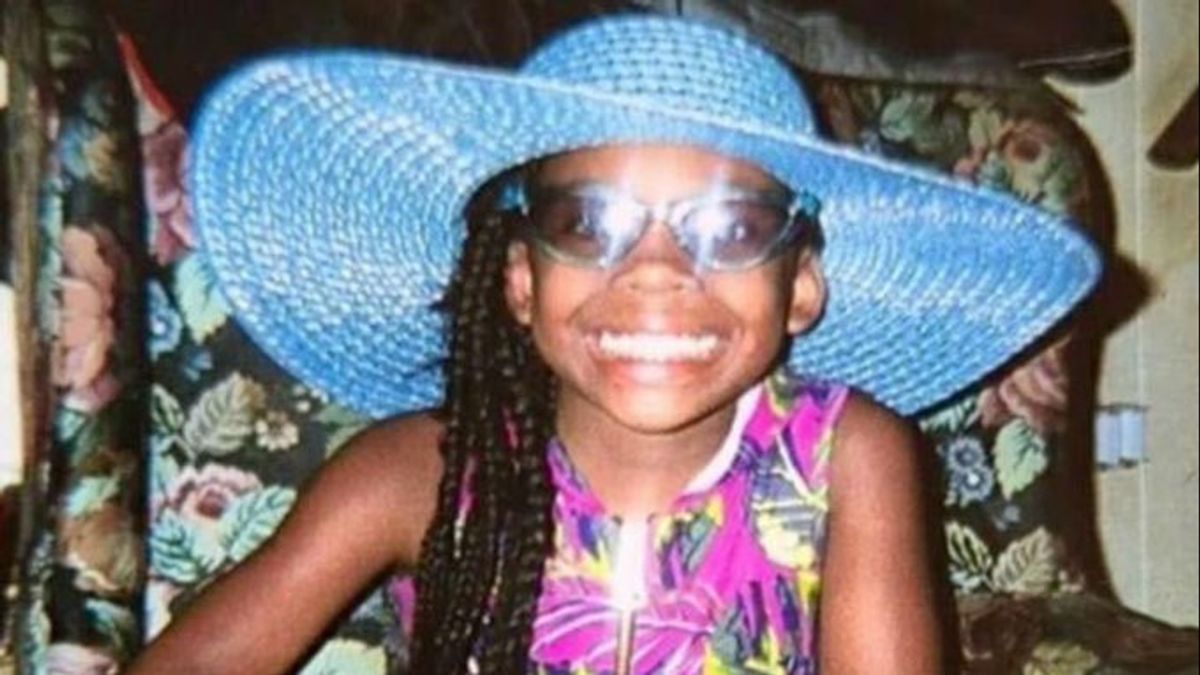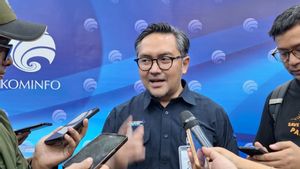JAKARTA - An appeals court in the United States ruled that TikTok should face a lawsuit filed by the mother of a 10-year-old girl who died after following a viral challenge "blackout challenge." This dangerous challenge prompted social media users to choke themselves to the point of fainting, which eventually led to the tragic death of the young girl.
The lawsuit was filed by Tawainna Anderson, the mother of Nylah Anderson, who died in 2021 after trying the challenge using a bag rope in her mother's cupboard. Tawainna Anderson accused TikTok and its parent company, ByteDance, of being responsible for the platform's algorithm recommending this challenge to her daughter.
In a decision deemed a breakthrough, the US 3rd Circuit Court of Appeals in Philadelphia stated that TikTok was unable to take cover behind Section 230 of the Communications Decency Act in 1996, which usually protects internet companies from legal responsibility for content created by users. This decision marks a shift from the previous court ruling which generally considers Section 230 to provide immunity to online platforms.
US Circuit Judge Patty Shwartz, who wrote the decision, stated that Section 230 only protects the information provided by third parties, not a recommendation made by the TikTok algorithm. In his view, when TikTok uses algorithms to select and promote certain content to users, they engage in "first-party convicts" that are not third-party speeches protected by this law.
Implications Of This Decision
This ruling is considered an important milestone in limiting the legal protection enjoyed by major tech companies under Section 230. Tawainna Anderson's lawyer, Jeffrey Goodman, called this decision the end of the "prison-free card" that has been enjoyed by big tech companies. He also stressed that this is an important step in demanding the company's responsibility for the algorithms they use.
In a separate opinion in favor of part of the decision, US Circuit Judge Paul Matey stated that in the pursuit of profits above all other values, TikTok may choose to present content that emphasizes "lowest scenario" to children. However, he stressed that TikTok cannot claim immunity that was not granted by Congress.
SEE ALSO:
Response From TikTok
To date, TikTok and its parent company, ByteDance, have not made official comments regarding this court decision. However, this decision has the potential to open the door to other lawsuits targeting social media platforms for content promoted to users.
This decision is also a reflection of the increased pressure on tech companies to take responsibility for the social and psychological impacts of content they recommend through the algorithms they develop.
With this decision, the case of Tawainna Anderson against TikTok will proceed to court to determine whether the platform is responsible for her daughter's tragic death.
The English, Chinese, Japanese, Arabic, and French versions are automatically generated by the AI. So there may still be inaccuracies in translating, please always see Indonesian as our main language. (system supported by DigitalSiber.id)


















